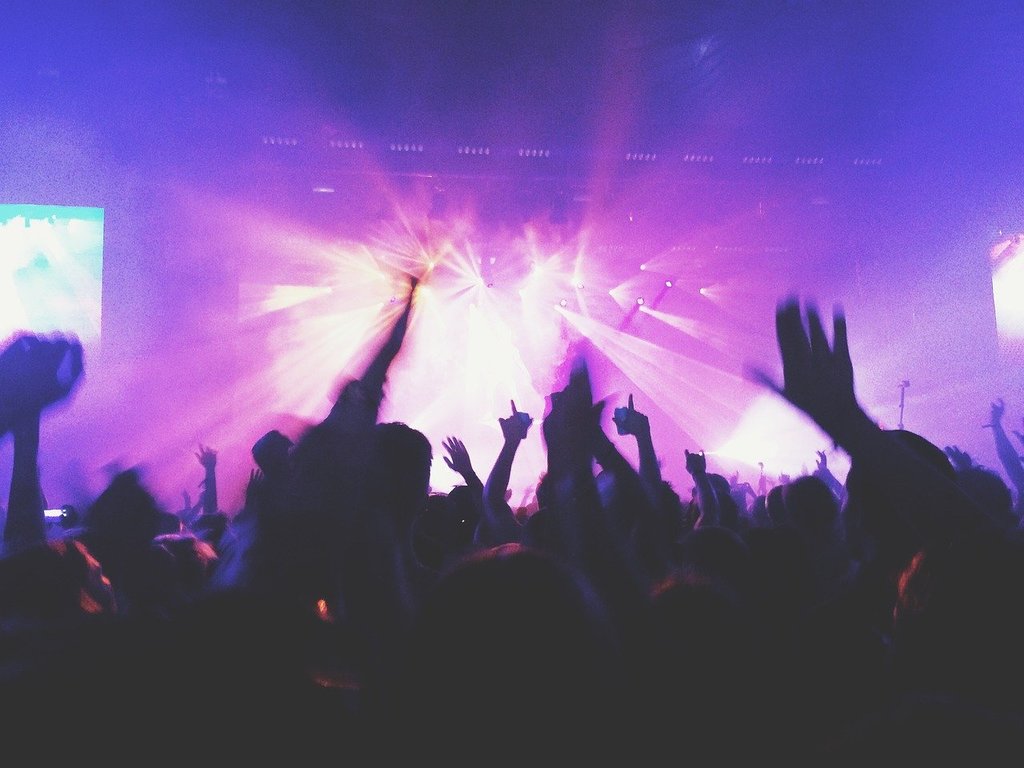
Exploring the rich culture of traditional festivals
Exploring the rich culture of traditional festivals unveils a world of vibrant celebrations, each brimming with historical significance and cultural pride. Traditional festivals are not merely events; they are the lifeblood of communities, uniting people through shared experiences, rituals, and a collective memory that spans generations. The profound impact of these festivals on cultural identity and social cohesion is undeniable.
Discovering the essence of traditional festivals
Traditional festivals serve as living archives of cultural heritage, preserving age-old traditions and customs. These events often have roots in ancient practices, embodying the values, beliefs, and stories of the people who celebrate them. The colorful parades, elaborate costumes, and intricate dances witnessed during these festivals are more than mere spectacles; they are expressions of a community’s soul.
One of the most remarkable aspects of traditional festivals is their ability to foster a sense of belonging. People come together to celebrate their shared heritage, creating bonds that transcend time. Whether it’s through preparing traditional foods, participating in communal rituals, or engaging in lively music and dance, these festivals provide a platform for cultural expression and communal unity.
The significance of rituals and traditions
Rituals and traditions are the cornerstone of traditional festivals. They often involve symbolic acts that convey deep meanings, such as rites of passage, seasonal celebrations, or commemorations of historical events. For example, the Chinese New Year is steeped in rituals that symbolize good fortune, health, and prosperity. Families clean their homes to sweep away ill-fortune, light firecrackers to ward off evil spirits, and share festive meals to welcome the new year.
Similarly, the Indian festival of Diwali, known as the Festival of Lights, celebrates the victory of light over darkness and good over evil. Houses are illuminated with oil lamps, colorful rangoli designs adorn doorsteps, and fireworks light up the night sky. These practices are not just for show; they reinforce cultural values and collective memory, ensuring that traditions are passed down through generations.

The global influence of traditional festivals
Traditional festivals have a significant impact beyond their local communities. Many of these celebrations have gained international recognition, attracting tourists and cultural enthusiasts from around the world. The Rio Carnival in Brazil, for instance, is a dazzling display of samba parades, vibrant costumes, and rhythmic music. It draws millions of visitors each year, contributing to Brazil’s cultural and economic landscape.
Furthermore, traditional festivals can act as cultural ambassadors, showcasing the richness and diversity of different cultures to a global audience. The Japanese Cherry Blossom Festival, Hanami, is celebrated not only in Japan but also in various parts of the world, symbolizing the beauty and transience of life. Such festivals offer a glimpse into the cultural fabric of a nation, fostering mutual respect and understanding among people of different backgrounds.
Key elements of traditional festivals
Several elements are commonly found in traditional festivals across the world:
- Rituals and ceremonies: these often involve prayers, dances, and symbolic acts that carry deep cultural meanings.
- Music and dance: essential components that bring energy and vibrancy to the celebrations, often featuring traditional instruments and choreographies.
- Costumes and decorations: elaborate outfits and decorations that reflect the cultural heritage and artistic expression of the community.
- Food and feasts: traditional dishes that are prepared and shared, showcasing the culinary traditions and communal spirit.
- Storytelling and performances: theatrical performances and storytelling that convey myths, legends, and historical events associated with the festival.
Embracing the cultural diversity through festivals
Embracing the diversity of traditional festivals can lead to a deeper appreciation of different cultures. By participating in or learning about these festivals, individuals can broaden their cultural horizons and gain insight into the customs and values of other communities. This cultural exchange can promote global harmony and respect, as people recognize and celebrate the differences that make each culture unique.
Traditional festivals are not only about preserving the past but also about celebrating the present and looking forward to the future. They connect people to their roots, instill a sense of pride, and inspire new generations to continue these cherished traditions. The rich tapestry of traditional festivals across the globe is a testament to the enduring power of cultural heritage and human connection.